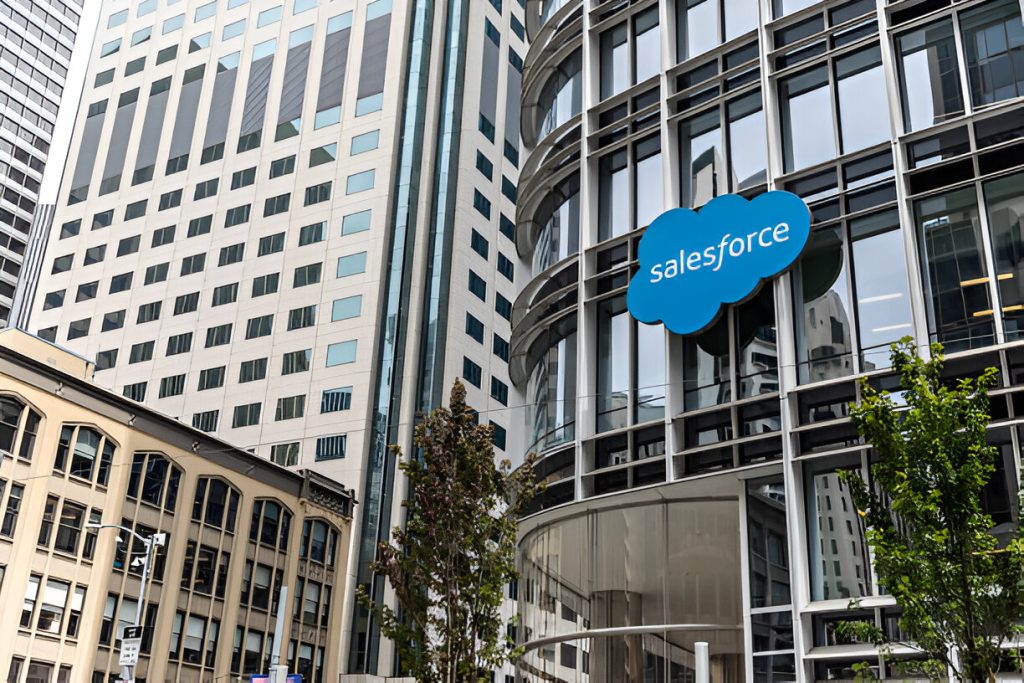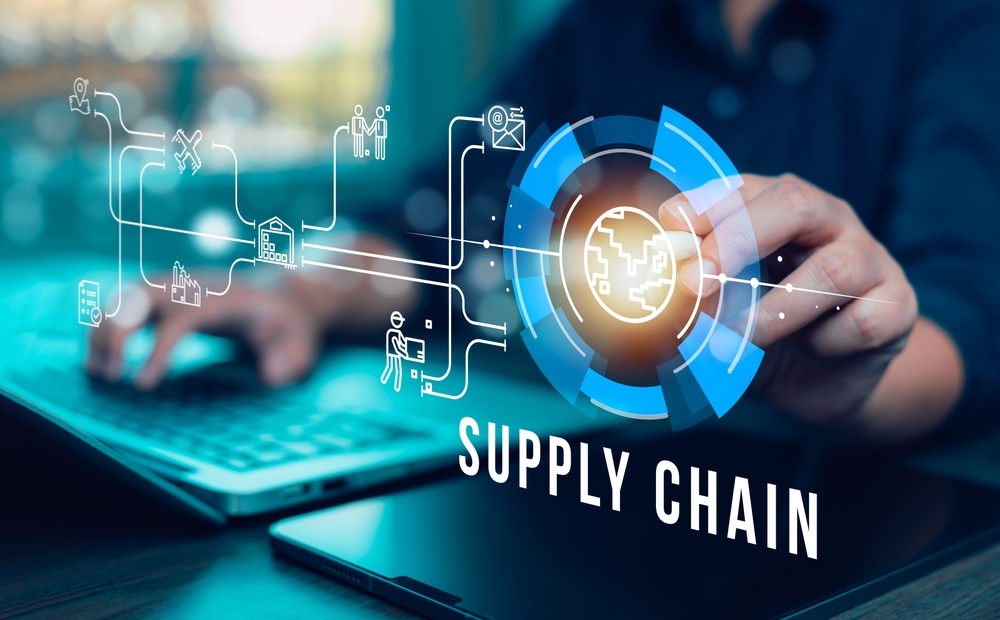Success in sales depends on how well a team understands customers, adapts to market changes, and leverages the right tools. Strong salesforce management ensures that sales professionals stay ahead by using effective techniques and technology. A well-structured approach can significantly enhance performance, allowing teams to meet targets consistently. The FORE School of Management offers a programme designed to equip participants with strategies that maximise salesforce productivity. This initiative helps professionals refine their skills, understand emerging trends, and improve their overall sales approach. What is Salesforce and Why Does It Matter? A salesforce represents the frontline of an organisation, bridging the gap between products and customers. Businesses rely on motivated and… Read More
Continue Reading




